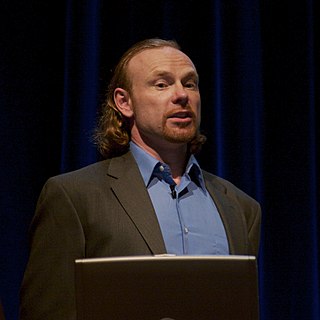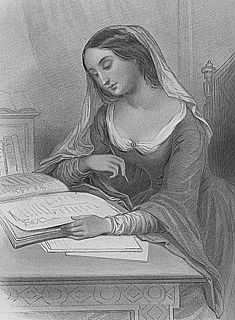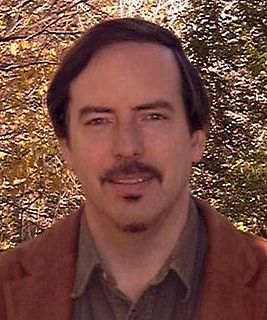A Quote by Benjamin Rush
Dissections daily convince us of our ignorance of the seats of diseases, and cause us to blush at our prescriptions. How often are we disappointed in our expectation from the most certain and powerful of our remedies, by the negligence or obstinacy of our patients! What mischief have we done under the belief of false facts and false theories! We have assisted in multiplying diseases. We have done more — we have increased their mortality.
Related Quotes
We took the traditional lands and smashed the traditional way of life. We brought the diseases and the alcohol. We committed the murders. We took the children from their mothers. We practised discrimination and exclusion. It was our ignorance and our prejudice. And our failure to imagine that these things could be done to us.
Christ, in short, asks us to give everything, all our false redemption in the lifeboat, all our false ideas about who God is, all our trust in something other than God to redeem us. In so doing, we die to our broken natures in exchange for His perfect nature, and find unification with Him that will allow God to see us as one.
A false identity is any lie that contradicts our God-given identities through Scripture. These false identities can be created by ourselves because of sin in our lives, choices made, or wrong turns taken and the regret, guilt, and shame that follows. Other false identities are handed to us by outside sources, maybe a damaging word spoken to us by someone or a childhood of abuse. However, not all false identities are negative on the surface, such as successful, attractive, wealthy, athletic, or talented. But even those identities can become false when we place too much of our weight on them.
If therefore our houses be houses of the Lord, we shall for that reason love home, reckoning our daily devotion the sweetest of our daily delights, and our family worship the most valuable of our family comforts. This will sanctify to us all the conveniences of our houses, and reconcile us to the inconveniences of it.
Inside we are all Golden Buddha's, but we grew to believe we were made of clay. Our ego's false perceptions led us to grow into a belief system that covered our inner light. We've spent years, maybe decades, masking our truth. Now it's time to embrace our light and reconnect with our Golden Buddha within.
I feel that for years of teaching in the country and reading criticism in books, I feel like the things most needed in our culture are the understanding of the meanings of our music. We haven't done that good of job teaching our kids what our music means or how we developed our taste in music that reminds us and teaches us who we are.
Extremes are for us as though they were not, and we are not within their notice. They escape us, or we them. This is our true state; this is what makes us incapable of certain knowledge and of absolute ignorance... This is our natural condition, and yet most contrary to our inclination; we burn with desire to find solid ground and an ultimate sure foundation whereon to build a tower reaching to the Infinite. But our whole groundwork cracks, and the earth opens to abysses.





































